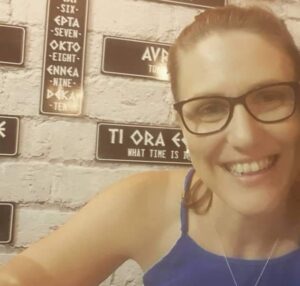
To be a late diagnosed autistic woman, and finally find a workplace where I feel supported and truly understood has likened stepping into the spotlight, after so long being on the darkened sidelines. I only wish I had the knowledge I have acquired more recently, twenty years ago, when I first began my professional journey.
Recovering from autistic burnout requires planning, self-care and rebuilding the basics of what motivates and engages me. Empower Autism provided a volunteering position with an amazing human (Diana McMurtry), who saw something in me, that I didn’t think and still find hard to believe is there. By asking what I needed to feel supported, so to put my best foot forward and thrive, was something I never had been asked before or even had honestly considered. I had always got on with it, or worked it out myself through trial and error, so cautious and terrified of being seen as ‘wrong’ or ‘that I should have already known’. Yet here I was, provided with enough responsibility to gain autonomy plus given the adjustments that I slowly began to identify I would need.
Fast forward nearly 1 ½ years, and now employed with Empower Autism, I have a found a place I feel I belong. Being autistic presents so much joy, but there are barriers which both my amazing managers (Tom & Em) have worked alongside me to minimise, and thus have enabled me to thrive. They have been patient, flexible, asking questions like ‘What do you need?’. This has fostered an increase in self-knowledge of what I need in this job to succeed.
So far it might only be minor things, like a darkened office with a mood lamp, or decreasing face to face work duties when I present to colleagues, but these things I feel comfortable to ask for, because of two things. One, I have learnt what I need to ask for, and two, I feel supported in asking for them, even if I am not too sure if they may be able to provide the associated adjustment.
Learning what you need in a workplace to function is vital, but it is also contextually important to have a supportive employer who has some knowledge of our autistic experience. Or at least one who is curious to learn because in the end, it is only when two people can openly have a conversation that positive social change really can occur.
By Jac Lai
